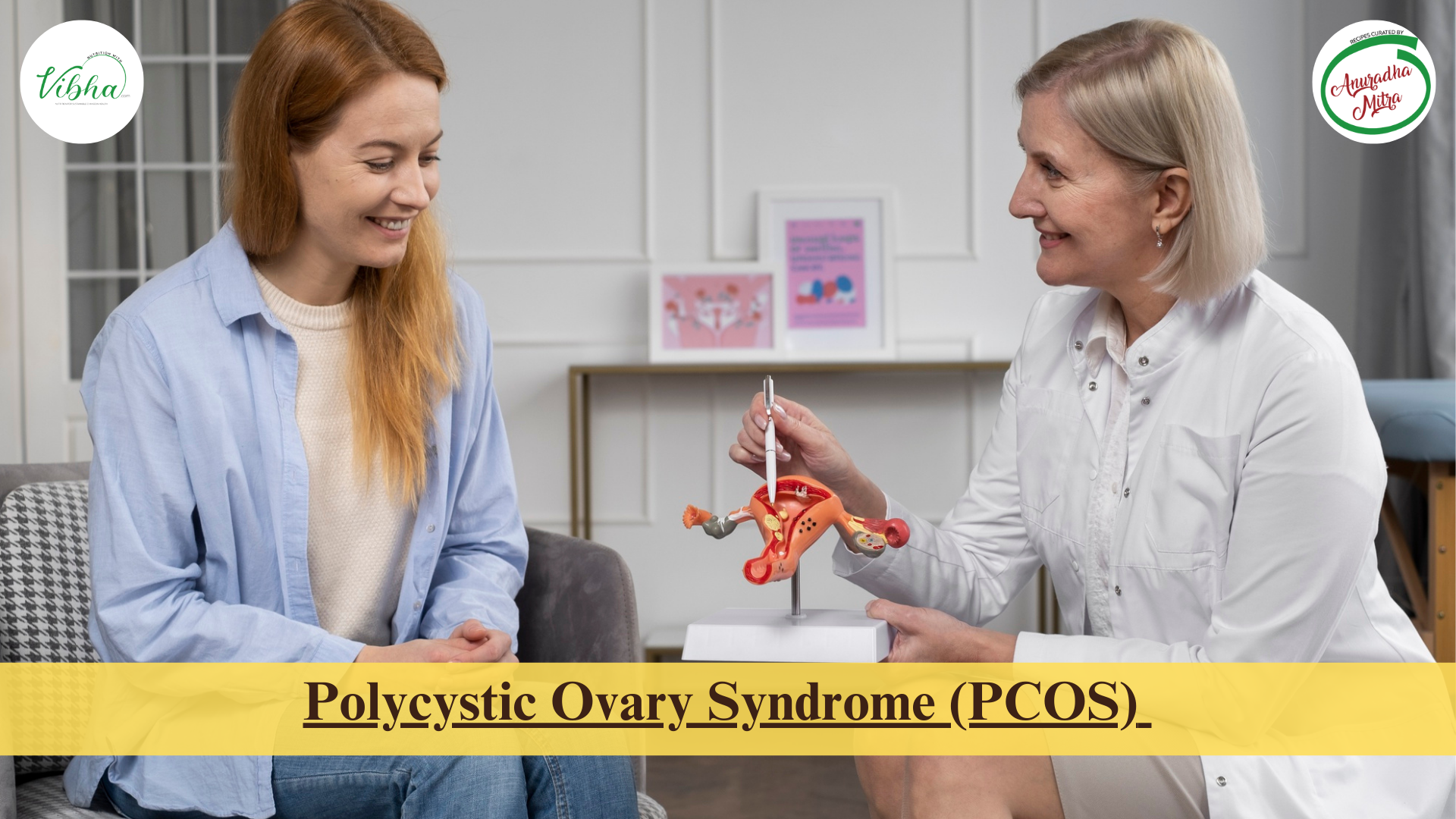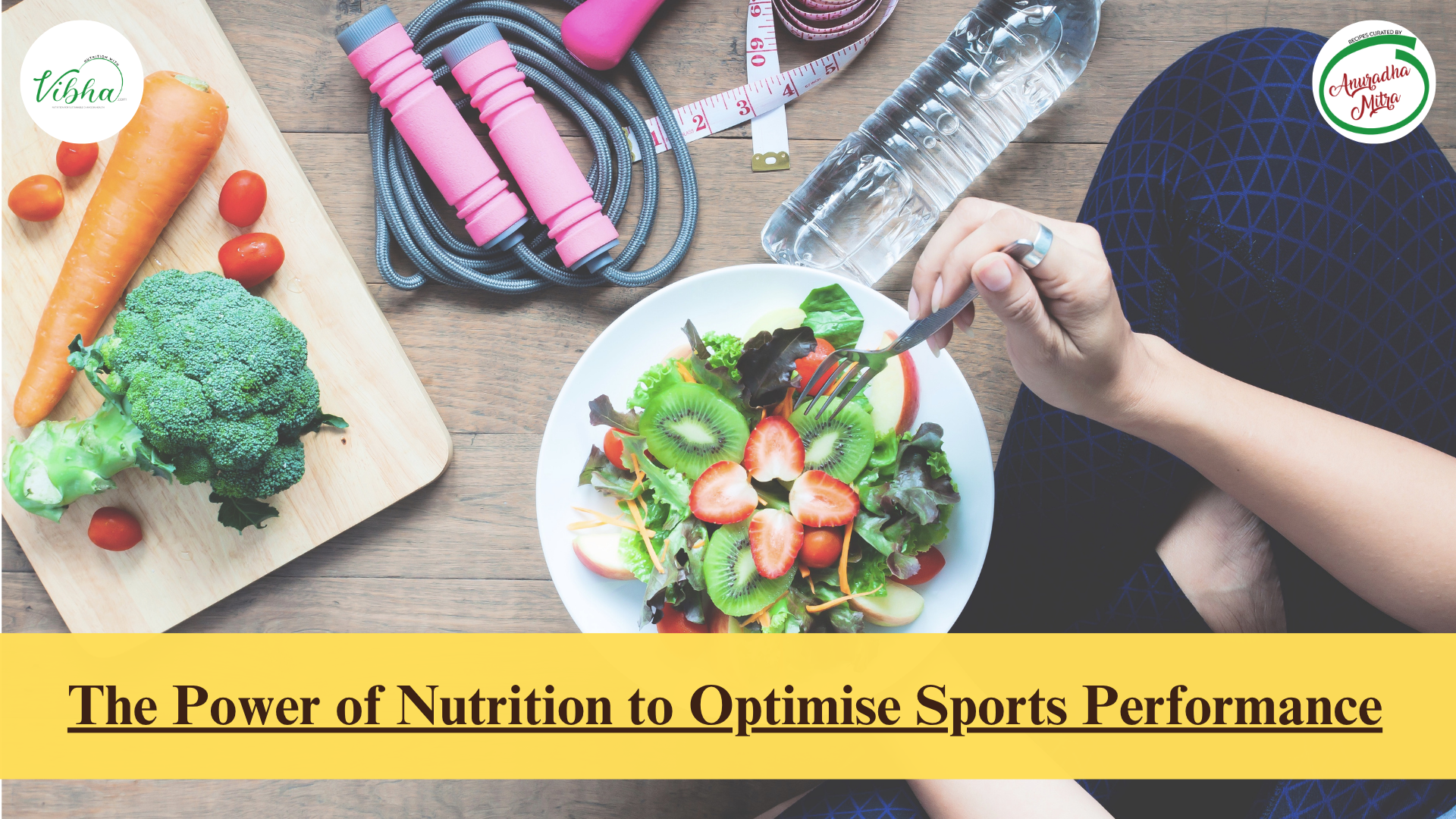Polycystic Ovary Syndrome (PCOS)

Polycystic Ovary Syndrome (PCOS) is a highly variable condition, and its symptoms and severity can differ from one person to another, it’s a common endocrine disorder affecting up to 13% of women. Lifestyle interventions are first-line treatments, however attrition in women with PCOS is high. Physical capability for lifestyle changes may be impacted by altered gut hormone regulation and energy expenditure in PCOS. This may contribute to difficulties with weight management. The higher prevalence of eating disorders, disordered eating, fatigue and sleep disturbances are further barriers. Lifestyle modification is widely considered to be the cornerstone of polycystic ovary syndrome treatment. However, 45% of women with PCOS have reported that they have never been provided information about lifestyle management.
PCOS is associated with a range of symptoms, including irregular menstrual cycles, hirsutism (excess hair growth), depression, weight management challenges, hormonal imbalance, infertility, obesity, metabolic dysfunction, impaired glucose tolerance (IGT), insulin resistance (IR) and increased risk of cardiovascular disease (CVD).
Here are some lifestyle risks for developing PCOS and recommendations to avoid PCOS :
1. Obesity and Overweight:
Obesity, particularly abdominal obesity, is a major risk factor for PCOS. Excess fat tissue can lead to insulin resistance, a condition where the body’s cells become less responsive to insulin, resulting in elevated blood sugar levels. Insulin resistance can further lead to hyperinsulinemia (excess levels of insulin), which stimulates the ovaries to produce more androgens (male hormones), exacerbating the hormonal imbalance seen in PCOS.
Recommendations:
- Healthy Eating: Focus on a diet rich in whole foods such as vegetables, fruits, lean proteins, whole grains, and healthy fats. Avoid processed foods, sugary drinks, and high-fat foods.
- Portion Control: Be mindful of portion sizes to avoid overeating.
- Regular Monitoring: Keep track of your weight and body measurements to stay aware of changes and adjust your lifestyle accordingly.
- Professional Guidance: Consider working with a nutritionist or dietitian to develop a personalized meal plan.
2. Diet:
Diet plays a crucial role in managing insulin levels and overall hormonal balance. Diets high in refined carbohydrates and sugars can cause rapid spikes in blood sugar and insulin levels, promoting insulin resistance. Unhealthy fats, such as trans fats and saturated fats, can also contribute to inflammation and exacerbate PCOS symptoms.
Recommendations:
- Low Glycemic Index (GI) Foods: opt for low-GI foods that cause a slower, more gradual rise in blood sugar levels. Examples include whole grains, legumes, nuts, seeds, and non-starchy vegetables.
- Balanced Macronutrients: Ensure a balance of carbohydrates, proteins, and fats in each meal. Healthy fat sources include avocados, olive oil, nuts, and fatty fish.
- Fiber-Rich Foods: Include plenty of fiber in your diet to improve satiety and regulate blood sugar levels. Fiber-rich foods include fruits, vegetables, whole grains, and legumes.
- Omega-3 fatty acids – fish oil is a rich source of omega-3 fatty acids that may help relieve some conditions associated with polycystic ovarian syndrome (PCOS). In fact, several studies suggest that fish oil can help ease period pain. Research shows that fish oil reduces triglyceride levels and insulin resistance. This is an important finding for people with PCOS, as it means that taking fish oil may reduce their risk of type 2 diabetes and heart disease.
- Meethi seeds– fenugreek seeds water has shown benefits like improved body weight, reduced number and size of ovarian cysts, menstrual regularity, hormonal dysregulation, and abnormal hair growth in women with PCOS. Fenugreek seeds also help improve insulin resistance, which is the key to controlling PCOS.
- Hydration: Drink plenty of water throughout the day to stay hydrated and support metabolic processes.
- Seed cycling: seed cycling is a growing trend claimed to enhance hormones, boost fertility, and ease symptoms of menopause. It involves eating flax, pumpkin, sesame seeds,and sunflower seeds at different times of the month to balance certain hormones.
- It is a remedy that is claimed to balance hormones by regulating the hormone estrogen in the first half of your menstrual cycle and the hormone progesterone in the second half. Its health benefits include helping regulate periods, reducing acne, reducing hair fall, treating PCOS, endometriosis, and infertility, and easing symptoms of menopause, such as hot flashes, night sweats, fatigue, and mood swings.
- The most common method instructs women to eat 1 tablespoon each of freshly ground flax and pumpkin seeds per day for the first 13-14 days of their menstrual cycle, which is known as the follicular phase
- During the second half of their cycle, which is known as the luteal phase, seed cyclers eat 1 tablespoon each of ground sunflower and sesame seeds per day until the first day of their next period when their cycle starts again.
Day 1- day 14:
1 tablespoon pumpkin seeds+ 1 tablespoon ground flaxseeds
Day 15- till you get periods
1 tablespoon sunflower seeds + 1 tablespoon sesame seeds
3. Lack of Physical Activity:
PCOS affects many women, gaining weight, and causing many other health issues. Studies suggest that physiotherapy and exercise can offer numerous benefits including mitigating CVD risk factors to these PCOS women. Guidelines for PCOS suggest at least 150 min of physical activity per week and it should form the basis of any clinician or healthcare professional prescription. Physical Activity can improve reproductive functions, and reduce infertility, and social and psychological stress in women with PCOS. A study has shown that adopting a well-structured care plan that combines lifestyle adjustments and the use of metformin has proven to be successful in achieving significant weight loss.
A sedentary lifestyle contributes to weight gain and insulin resistance, both of which are key factors in the development and worsening of PCOS. Physical activity helps maintain a healthy weight, improves insulin sensitivity, and promotes overall well-being.
Recommendations:
- Regular Exercise: Aim for at least 150 minutes of moderate-intensity exercise per week. Activities can include brisk walking, cycling, swimming, or any form of aerobic exercise.
- Strength Training: Incorporate strength training exercises at least twice a week to build muscle mass, which can improve insulin sensitivity.
- Active Lifestyle: Incorporate more movement into your daily routine, such as taking the stairs instead of the elevator, walking or biking instead of driving, and engaging in recreational activities.
- Exercise Variety: Mix different types of exercise to keep it interesting and work different muscle groups. Consider activities like yoga, Pilates, or dance classes.
4. Stress:
Stress has been postulated to play a silent role in the pathogenesis of PCOS and its complications. It is suggested that to reduce anxiety, and stress among these women, interventions can considerably help to lower the severity of ongoing symptoms as well as the onset of complications.
Chronic stress can lead to elevated levels of cortisol, a hormone that can affect insulin sensitivity and exacerbate PCOS symptoms. Stress can also lead to unhealthy coping mechanisms such as overeating, poor food choices, and lack of exercise, further contributing to the risk of PCOS.
Recommendations:
- Stress Management Techniques: Practice stress-reducing activities such as meditation, deep breathing exercises, progressive muscle relaxation, and mindfulness.
- Physical Activity: Exercise is a great way to reduce stress and improve mood by releasing endorphins.
- Hobbies and Interests: Engage in activities that you enjoy and that help you relax, whether it’s reading, painting, gardening, or playing a musical instrument.
- Social Support: Maintain a strong support network of friends and family. Talking about your stressors with someone you trust can provide relief.
5. Sleep Disorders:
Women with PCOS exhibit a greater prevalence of obstructive sleep apnea (OSA) in comparison to those without PCOS, regardless of their BMI. Utilizing screening questionnaires for OSA, such as the widely accepted Berlin questionnaire, can aid in recognizing OSA among women with PCOS. However, it’s important to acknowledge that a formal sleep study is necessary for an official diagnosis. Poor sleep quality and sleep disorders, such as sleep apnea, are more prevalent in women with PCOS. Inadequate sleep can disrupt hormonal balance, including insulin and cortisol levels, and exacerbate PCOS symptoms. Consistently poor sleep can lead to weight gain and increased insulin resistance.
Recommendations:
- Sleep Hygiene: Maintain a regular sleep schedule by going to bed and waking up at the same time every day. Create a restful sleep environment by keeping your bedroom dark, quiet, and cool.
- Limit Stimulants: Avoid caffeine and heavy meals close to bedtime.
- Relaxation Techniques: Engage in relaxing activities before bed, such as reading, taking a warm bath, or practicing gentle yoga.
- Professional Help: If you suspect you have a sleep disorder, seek evaluation and treatment from a healthcare provider. Treatment may include lifestyle changes, medical interventions, or the use of a continuous positive airway pressure (CPAP) machine for sleep apnea.
6. Smoking:
Smoking has been associated with higher levels of androgens and can worsen the symptoms of PCOS. It can also contribute to insulin resistance and other metabolic issues. Quitting smoking can significantly improve overall health and reduce PCOS symptoms.
Recommendations:
- Quit Smoking: Seek support to quit smoking through counseling, support groups, or nicotine replacement therapies.
- Healthy Substitutes: Find healthy alternatives to smoking, such as chewing gum, engaging in physical activity, or practicing deep breathing exercises.
- Support Systems: Surround yourself with supportive friends and family who can encourage you in your efforts to quit smoking.
- Professional Assistance: Consult healthcare providers for guidance and resources to quit smoking effectively.
General Recommendations
- Regular Medical Check-ups: Regular visits to your healthcare provider can help monitor your health, manage symptoms, and prevent complications.
- Education and Awareness: Stay informed about PCOS and its management. Understanding the condition can empower you to make better lifestyle choices and advocate for your health.
- Mental Health: PCOS effects on weight and body hair and fertility challenges impact mental health of women making their life goals harder to reach.
- Hirsutism, or excessive hair growth, is linked to a lower quality of life. Furthermore, individuals with mental health issues tend to have a notably reduced quality of life compared to those without such concerns. PCOS treatment can be ongoing, financially burdening, and can cause hormonal havoc. Screening patients for depression and anxiety, and suggesting psychological support if required. Address any mental health concerns, such as anxiety or depression, which are common in women with PCOS. Seek support from mental health professionals if needed.
By adopting a comprehensive approach that includes dietary changes, regular physical activity, stress management, adequate sleep, and avoiding smoking, you can significantly reduce the risk of developing PCOS and better manage its symptoms if already diagnosed. Women with PCOS will benefit from regular exercise by combating weight gain, and obesity by spending unwanted calories and strengthening or building muscle mass, which may help in decreasing IR, lower cholesterol levels, and certain hormones, such as testosterone.
In addition to this you can write to us if you would want access to our premium blogs. You can contact us and view our website at nutritionwithvibha.com. By doing this you will be able to make much better dietary judgments and can have a personalized diet custom-made for your own need. You can also send us an email at nutritionwithvibha@gmail.com if you have any requirements or would like to schedule a private session.
Stay Empowered
Stay Nourished
Stay Blessed





